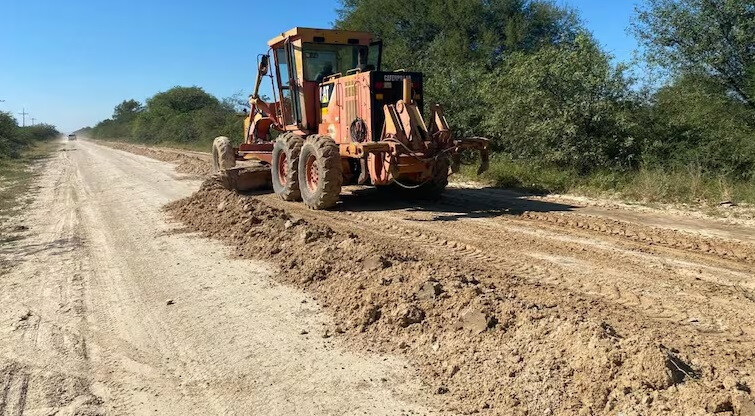
The Paraguayan Chaco region is currently experiencing severe traffic disruptions due to recent record rainfall and widespread flooding. In response, the Ministry of Public Works and Communications (MOPC) is making an unprecedented effort to swiftly restore the damaged road network. This recovery operation focuses on reopening the essential logistical and vital arteries of the Chaco region to alleviate the suffering of local residents and normalize economic activities.
Damage Status and Restoration Necessity
The recent floods have caused extensive damage across the vast lowlands of northwestern Paraguay, known as the Chaco region. The departments of Alto Paraguay, Boquerón, and Presidente Hayes have been particularly hard hit, with many roads submerged or washed away, rendering them impassable to vehicles. This has not only severely disrupted major industries in the Chaco, such as agriculture and livestock farming, but has also made it difficult to supply essential goods like food and medicine, threatening the lives and safety of local residents. In isolated areas, even access to emergency medical services has been challenging, raising concerns about a humanitarian crisis.
The MOPC views this restoration work as more than just rebuilding roads; it's an essential measure to revive the lifeline of the local communities. The Chaco region, with its low population density and vast area, often relies solely on roads for transportation. Therefore, the collapse of the road network directly leads to the isolation of communities, which can have a devastating long-term impact on the regional economy.
Current Status of Major Restoration Work
The MOPC began intensive restoration work earlier this week. One of the most urgent sections is located at the 83 km mark near Puerto Casado in the Alto Paraguay department. This section is a strategic point connecting Puerto Casado to the Ruta Bioceánica (Bioceanic Highway), and its disruption would severely impede regional logistics. The MOPC is concentrating its efforts on reinforcing the road's foundation and leveling the surface at this point, aiming to resume vehicle traffic as quickly as possible. This road is part of a major South American transportation corridor connecting the Pacific and Atlantic oceans, playing a crucial role in Paraguay's international trade and regional integration.
Furthermore, new restoration work is scheduled to begin this week at the 65 km mark of the Toro Pampa access road and on the section connecting Bahía Negra to the Bioceanic Highway. Toro Pampa is an isolated area where external connectivity is vital, and Bahía Negra serves as a logistical hub via the Paraguay River. Therefore, the restoration of these sections is essential for stabilizing the lives of local residents and stimulating economic activity.
Collaboration and Future Plans
This restoration work is being conducted through close cooperation between the MOPC, the Gobernación de Alto Paraguay (Government of Alto Paraguay Department), and the private sector. The Paraguayan government has historically demonstrated rapid responses to natural disasters through public-private partnerships, and this collaborative system is once again proving its effectiveness. Private companies are providing equipment and personnel, while the departmental government is identifying the needs of local residents and providing information on the restoration efforts, enhancing the efficiency of the work through organic cooperation.
The MOPC emphasized that this restoration work is not merely a short-term solution but part of a comprehensive plan to build a more robust road network in the Chaco region in the long term. As climate change is expected to bring more frequent natural disasters like floods, the MOPC plans to strengthen disaster prevention and response capabilities by incorporating flood-resistant designs and enhancing drainage systems in future road construction and maintenance. To this end, they are seeking technical and financial assistance from the international community, aiming to use this opportunity to advance Paraguay's road infrastructure. The restoration of roads in the Chaco region is expected to be a significant step not only towards the physical reconstruction but also towards improving the quality of life for local residents and ensuring Paraguay's overall sustainable development.
[Copyright (c) Global Economic Times. All Rights Reserved.]






























